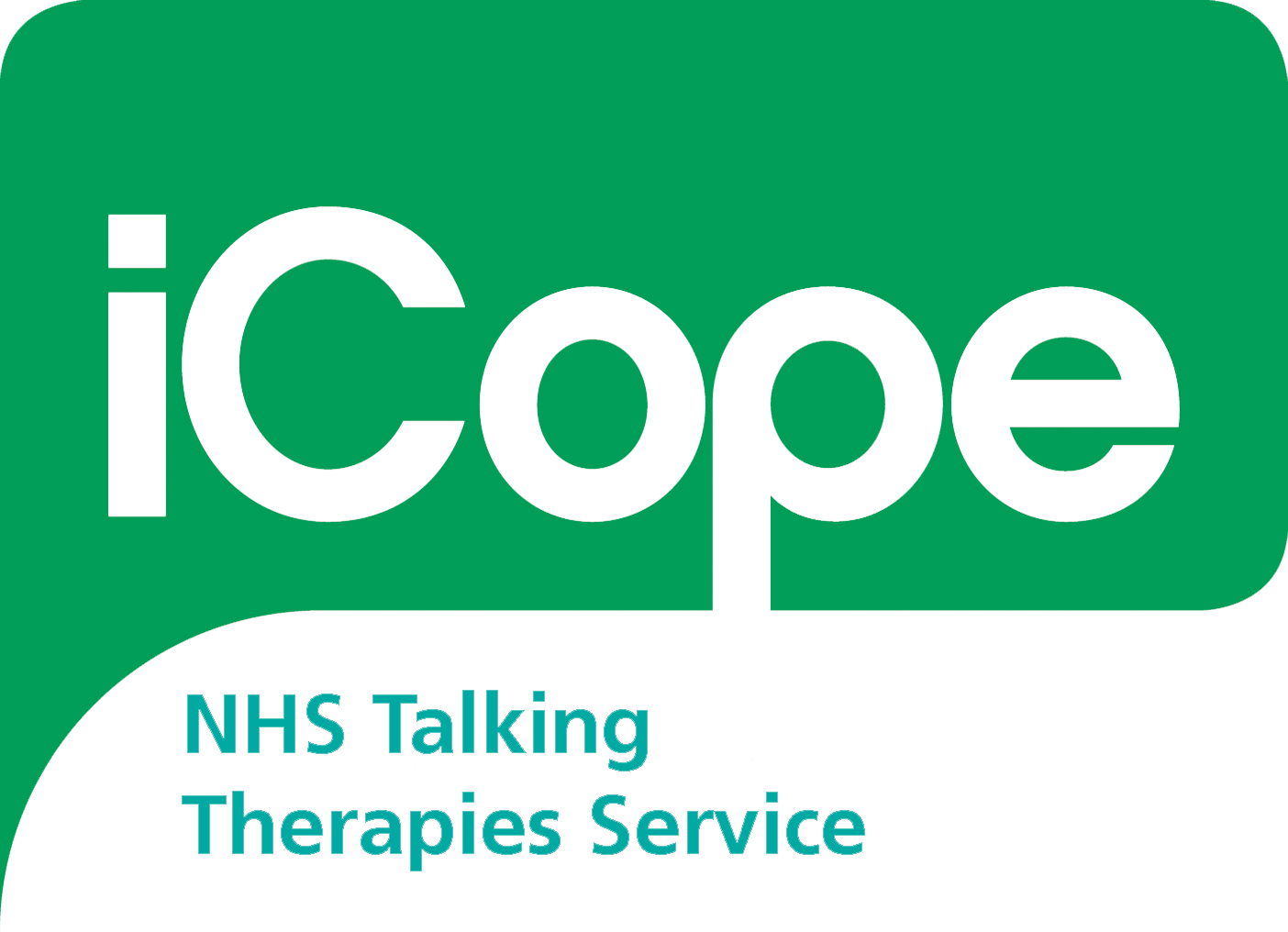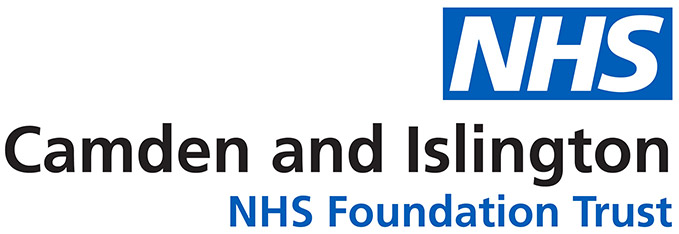Head Start Hub
At iCope we will always try to keep your wait for treatment as short as possible. Sometimes your treatment may start sooner and at other times there may be a wait, depending on the demands for our services at any given time. We have created a Head Start hub to support you during the time ahead of your treatment.
In our Head Start hub you will find:
- Top tips for looking after yourself and getting ready for therapy
- Self help resources that you can use to start your journey
- Advice from a member of our team who has taken up our therapy services in the past
- Our simple downloadable TRACKER document that you can consider using to help you record your learning and what you have found helpful before treatment
TOP TIPS
The team at iCope have put together a collection of top tips which you may find useful ahead of your treatment. Please have a look at the ideas below. We hope you can find time to try out one or two of them. It can feel very hard at first, so, if you can, it’s worth trying out a top tip more than once.
We all experience difficulties in different ways from each other. What works for one person may not work for you. So take some time to find out what feels right. If any of these steps feel too much for now, that is ok and you don’t need to put pressure on yourself. It is fine if you prefer to wait until your treatment starts.
Look after yourself
Move your body: Regular exercise helps to reduce stress and release tension. Exercise also encourages your brain to release the chemical serotonin which can improve your mood.
Relax :As well as getting regular exercise, relaxing is important. If you plan some relaxation into your diary, you are more likely to allow yourself this time off. You may also find relaxation and breathing exercises helpful, or you may prefer activities such as yoga or pilates to help you unwind.
Eat healthily: Changing your diet may help ease your symptoms. Too much caffeine can make you more anxious than normal. This is because caffeine can disrupt your sleep and also speed up your heartbeat. If you are tired, you are less likely to be able to manage your anxious symptoms.
Cut down smoking and drinking: Cigarettes and alcohol have been shown to make feelings of anxiety worse. Drink alcohol in moderation and, if you smoke, try to give up. The NHS and your GP provide free support to people who would like to stop smoking.
Sleep: Having a regular bedtime routine and wake up time is helpful for both physical and mental health.
Be kind to yourself
- Congratulate yourself on taking this step. We know that it is often not easy to ask for help and this first step of reaching out can be the hardest but you have already achieved this now.
- Try to talk to yourself like a close friend. This way you are likely to be kinder, more supportive and more understanding to yourself and this is more likely to have a positive effect on your mood.
- Tell other people how you feel. Social support is important. This might be a friend or family member or perhaps someone you have met online via a support group.
- Write down how you feel. This can be a good way of expressing and also making sense of your mood. This will also enable you to track changes in your mood and notice any patterns.
- Bring a little bit of enjoyment into your day. This can be something small and simple such as going for a walk in the park, having a cup of tea or reading a favourite book.
- Keep a note of the small things that bring you pleasure or the things that you are grateful for. Once we start recording these things, we naturally start looking out for them and this can help to boost our mood.
- Make some small plans. Carrying out small planned tasks can give us back a sense of achievement or pleasure which we can sometimes lose when we feel down or anxious.
- Step outdoors. Getting outside and really noticing our surroundings can help to ground ourselves and focus on the present moment rather than dwelling on the past or worrying about the future.
Getting ready for therapy
- Questions: Do you have any questions? It can be helpful to note these down in advance and you can then discuss these with your therapist at your first appointment. Please also see our FAQ section on our website. https://www.icope.nhs.uk/camden-islington/what-we-offer/frequently-asked-questions/
- Goals for treatment: This means thinking about what you would like to work towards during your treatment sessions and where you may want to make changes in your life. This is something you will be discussing with your therapist when you begin your treatment.
- Tell friends or family: We can often feel quite isolated when we experience mental health difficulties. Having some social support during therapy can be helpful. This might include telling a close friend or a trusted family member about your sessions or simply spending some time together in person or online.
- Consider if there are any practical issues you can start to deal before treatment: Sometimes it can be helpful before therapy to take some initial steps to deal with outstanding practical matters in our lives such as benefits or housing issues. Please see our website page for a list of community resources to help you https://www.icope.nhs.uk/camden-islington/helpful-resources/community-resources/ If this is not possible before treatment starts or if it feels too difficult at this stage, your therapist may be able to signpost you to some helpful resources during treatment
- Tracker document: You can consider using our simple Tracker document to record what you have learnt and found helpful while waiting for treatment. This can be something you can either keep just for yourself or you can share it with your therapist at the start of treatment . This is an entirely optional step.
SELF HELP RESOURCES: to get a head start on your mental health journey
Ahead of your treatment, it can be helpful to look at some self help materials and you can a selection of resources here: https://www.icope.nhs.uk/camden-islington/helpful-resources/. We would suggest you give one or two a try if you feel able to. Many of the materials are based on Cognitive behavioural (CBT) principles which is the approach we use in treatment at iCope.
If you don’t feel quite ready to use these resources, it is fine to wait until your treatment starts.
GUIDANCE FROM OUR TEAM MEMBER
In iCope we are lucky to have Peer Wellbeing Workers as part of our team. They are individuals who have experience of mental health difficulties themselves and have used iCope to help with their own mental health difficulties in the past. They work with us to develop and deliver different elements of our service.
Michelle below shares her experience and advice for looking after yourself before your treatment starts:
“When you’re waiting for treatment, it can feel hard, especially if you’re struggling to cope. I remember the relief I felt when I was finally able to have my first appointment with the therapist.
While you are waiting, I would encourage you to try to be kind to yourself. Before treatment, I found doing one small, nice thing a day made me feel a little bit better. Is there something you could do for a few minutes each day? Go for a walk, meet a friend for coffee, read a book? It will be different for each of us.
If you’re suffering from depression, it’s important to remember that this feeling will not last forever. There is hope. You can get through this and you can feel better.
Since receiving treatment, I have a much better understanding of how to manage my mental health than I did at the start of my journey. There are still ups and downs, but the CBT skills and techniques I’ve learned help me to cope, particularly when I’m having a bad day.
Thank you for reading my advice – I hope this helps you on your journey.
SIMPLE TRACKER DOCUMENT
You can use this document to record any tips or resources you have used along with the main points you have learnt from using them. Just click on the link below to open the document.
Tracker Document
Need Urgent support?
If you are experiencing severe mental distress and feel that you need urgent support, please click on the link below, which will guide you to where you can seek help.
https://www.icope.nhs.uk/camden-islington/crisis-support/




